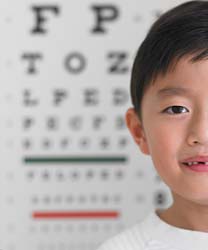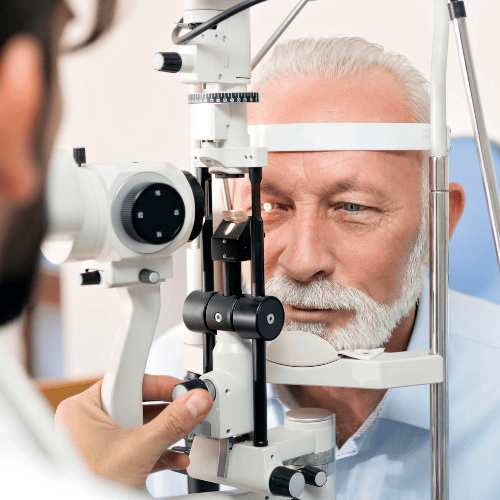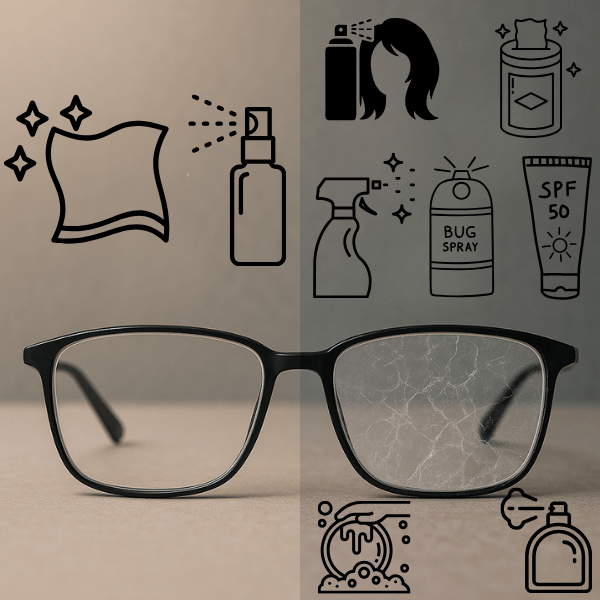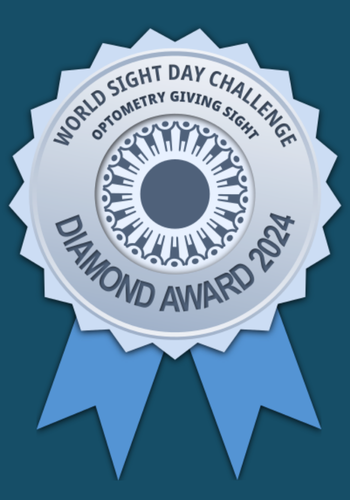Do classroom computer screens affect vision?

Schools across Canada are implementing computer monitors into their classrooms, as teaching methods adapt to the latest technology. But according to a recent study by our neighbours south of the border, parents have concerns about the extent to which their children use computers.
A survey by the American Optometric Association showed that fifty-three percent of parents with children 18 or younger believe viewing digital screens may be harmful to a child’s vision or eyes. Questions about this happen to be some of the most common ones I get asked from parents who bring their kids in for eye examinations.
Focusing on anything at close range for a long period of time can cause eyestrain. There is also evidence that it may lead to more myopia (nearsightedness) in some people. While there is no direct evidence that computer screens have any more of an impact on our eyes than say, reading a book, the sheer amount of time that kids spend focusing their eyes up close has definitely increased with the advent of digital technology. This is because after school the near-focused tasks continue with the use of smart phones, video games and television.
With this in mind, follow these tips to reduce the amount of eye strain your child may be exposed to
1. Teach her the “20-20-20 Rule”. Every 20 minutes, look at a distance of 20 feet for 20 seconds. This relaxes the focusing muscles of the eye, leading to reduced tension within the eyeball when gaze is directed at a distant object vs. a close up one
2. Time-manage his use of digital computer screens outside of classroom hours. There is no hard and fast rule here as far as how much is too much – the main message is to implement a strategy for limiting exposure to these devices on a daily basis (so that ALL their time is not spent looking at computer screens!)
3. Ensure she has an up to date eye exam (less than a year old). Many focusing and eye-coordination problems exist which can impact one’s ability to see clearly and efficiently. Any symptoms of headaches, blurry vision or eye strain if they exist should be reported to our optometrists at the start of the eye exam
Remember, this advice applies to adults, too. Additionally, adults over 40 may be afflicted with age-related conditions of the eyes that affect focusing. One of the most frequent discussions during our eye exams has to do with prescribing special glasses for high volume computer users (over 4 hours daily).
– Dr. Wilk











